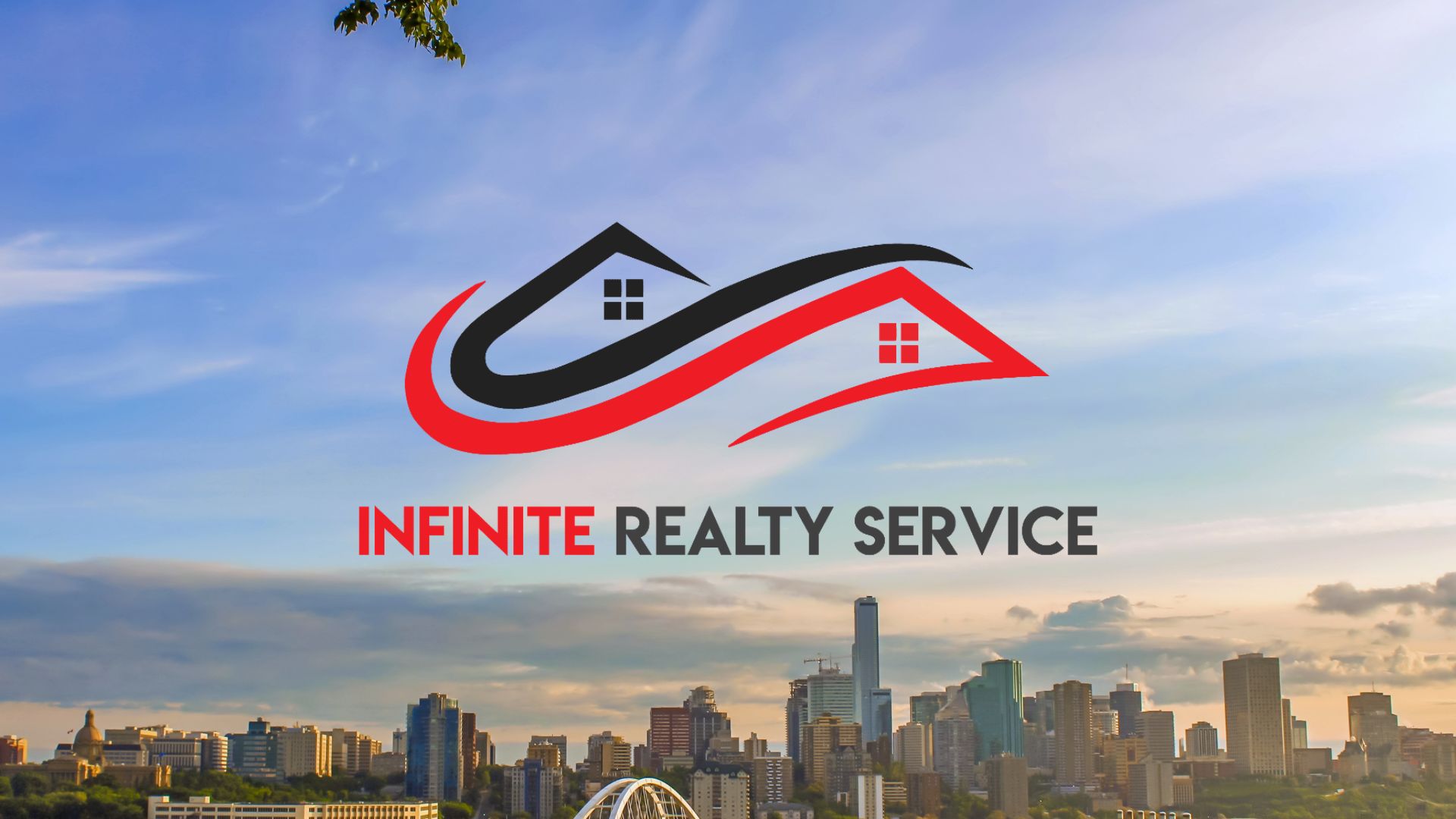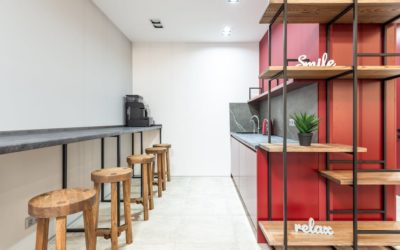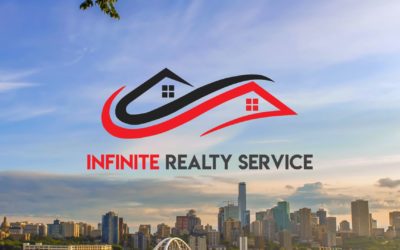Beyond the Numbers: A Comprehensive Look at the Financial Implications of Owning a Home vs. Renting
As the age-old debate between homeownership and renting continues, it is crucial to understand the financial implications of both options. While owning a home has long been considered the American Dream, renting is often seen as a more flexible and affordable option. But which option makes more sense financially? In this article, we will take a comprehensive look at the financial implications of owning a home vs renting and explore the true cost of homeownership.
Homeownership vs Renting: A Comprehensive Financial Comparison
Before diving into the financial comparison, let’s first define the two options. Homeownership is when an individual or family owns a property, while renting is when an individual or family pays rent to a landlord for the use of a property.
Advantages and Disadvantages
One of the main advantages of homeownership is that it allows individuals to build equity over time, which can lead to financial stability and long-term wealth. Additionally, homeowners have more control over their living space and can make changes and upgrades as they see fit. On the other hand, renting provides more flexibility in terms of location and living situation, as well as fewer upfront costs and maintenance responsibilities.
Cost Comparison
When comparing the costs associated with buying a home vs renting a home, it is important to consider both upfront and ongoing expenses. Upfront costs for homeownership include the down payment, closing costs, and any necessary repairs or upgrades. Ongoing costs include mortgage payments, property taxes, insurance, maintenance, repairs, and upgrades. For renting, upfront costs typically include the security deposit and first month’s rent, while ongoing costs include rent, utilities, and renter’s insurance.
Financial Risks and Rewards
Homeownership comes with the risk of a fluctuating housing market and the potential for unexpected expenses, such as major repairs or property damage. However, homeowners also have the potential for long-term financial benefits, such as building equity and appreciation in value. Renting, on the other hand, provides more stability and fewer financial risks, but lacks the long-term financial benefits of homeownership.
The True Cost of Owning a Home vs. Renting: A Detailed Analysis
While the upfront and ongoing costs of homeownership and renting are important to consider, it is also crucial to take a detailed look at the true cost of owning a home vs renting over time.
True Cost of Homeownership
The true cost of homeownership includes the upfront and ongoing costs mentioned previously, but also takes into account the opportunity cost of not investing the money spent on a down payment and mortgage payments into other investments. Additionally, homeownership comes with the responsibility of maintaining and repairing the property, which can add up over time.
Comparison to Renting
When comparing the true cost of homeownership to the cost of renting over time, it is important to consider the potential long-term financial benefits of homeownership, such as building equity and appreciation in value. While renting may be a more affordable option in the short-term, homeownership can provide more financial stability and long-term wealth.
Exploring the Financial Implications of Renting vs Owning a Home
The financial implications of renting vs owning a home can vary depending on different scenarios, such as short-term vs long-term, low-income vs high-income, and in different regions.
Opportunity Costs
One important factor to consider is the opportunity cost of renting vs owning a home. Homeownership comes with tax benefits, such as deducting mortgage interest on income taxes, as well as the potential to use the property as an investment. Renting, on the other hand, does not provide the same tax benefits and investment opportunities.
Regional Differences
The financial implications of renting vs owning a home can also vary depending on the region. In some high-cost areas, renting may be more affordable than owning a home, while in other areas, homeownership may be the more affordable option.
Conclusion
When considering the financial implications of homeownership vs renting, it is important to take a comprehensive look at the costs associated with both options, as well as the potential long-term financial benefits of homeownership. While renting may be the more affordable option in the short-term, homeownership can provide more financial stability and long-term wealth. To make an informed decision, individuals should consider their financial situation, goals, and lifestyle.
At Infinite Realty Service, we understand the importance of making an informed decision when it comes to homeownership vs renting. Our team of highly trained real estate professionals is dedicated to providing trustworthy information and exceptional customer service to help guide our clients through the home buying or renting process. Contact us today at 780-756-7653 or Broker@infiniterealtyservice.com to learn more.











